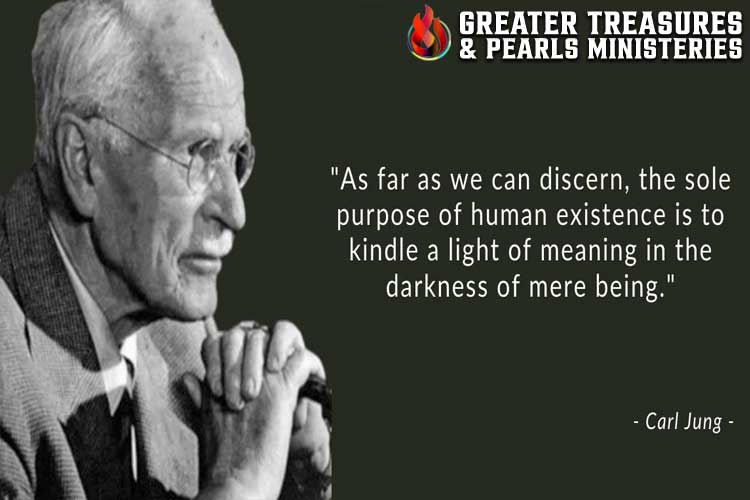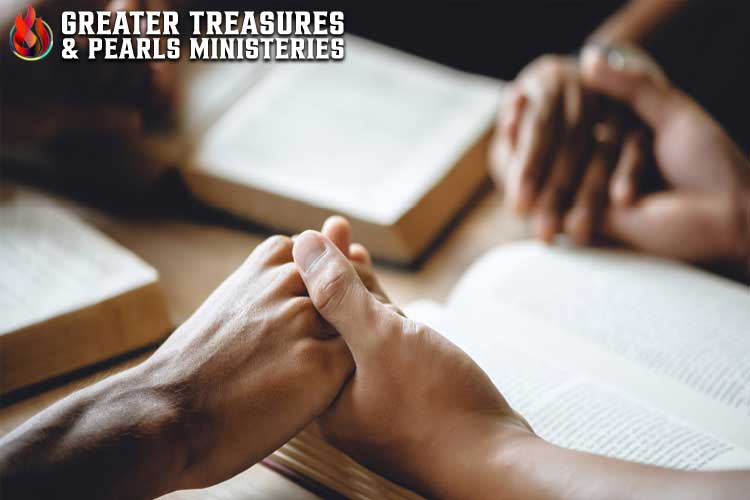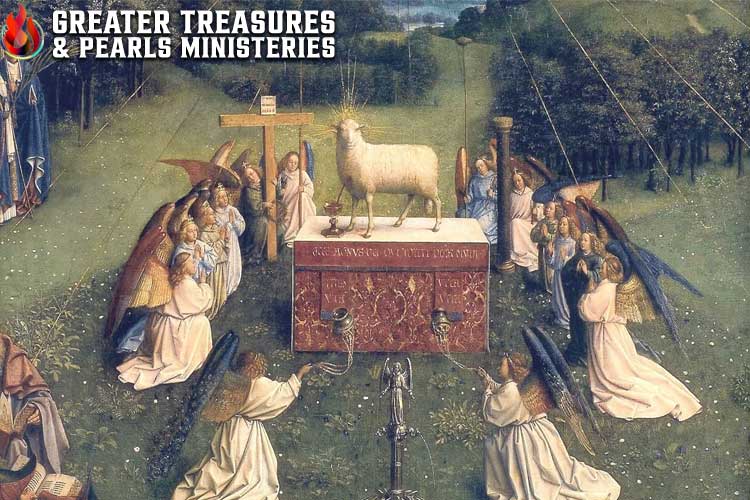Gtpministries.org – The question of how many times we should forgive someone according to the Bible is a complex one and has been debated for centuries. The Bible provides some guidance on forgiveness, but does not give an exact number on how many times we should forgive.
Jesus’ Teachings on Forgiveness
Jesus taught about forgiveness on several occasions. One of the most famous examples is when Peter asked Jesus how many times he should forgive his brothers who sinned against him (Matthew 18:21). Jesus responded by saying that Peter should forgive his brother “seventy times seven” (Matthew 18:22).
This statement by Jesus is often misinterpreted as a command to forgive others 490 times. However, the true meaning of Jesus’ statement is more complex. The number “seventy times seven” is a Hebrew expression meaning “infinity” or “limitless.” Jesus did not set a limit on the number of times we should forgive, but He emphasized that forgiveness must be a constant attitude in our lives.
Examples of Forgiveness in the Bible
The Bible contains many examples of people forgiving others. One of the most famous examples is when Joseph forgave his brothers who had sold him into slavery (Genesis 45). Another example is when David forgave Saul, who tried to kill him (1 Samuel 26).
These examples show that forgiveness is a powerful and loving act that can heal wounds and restore relationships. Forgiving others does not mean forgetting what they have done, but it does mean letting go of anger and resentment, and choosing to show them mercy and love.
The Challenge of Forgiving Others
Forgiving others can be difficult, especially when they have hurt us deeply. However, the Bible reminds us that God has forgiven us our sins, and we should imitate His example by forgiving others (Ephesians 4:32).
Forgiving others is not only beneficial for the person we forgive, but also beneficial for ourselves. When we hold grudges and anger, it can damage our mental and emotional health. Forgiving others, on the other hand, can free us from negative burdens and bring peace and calm to our lives.










